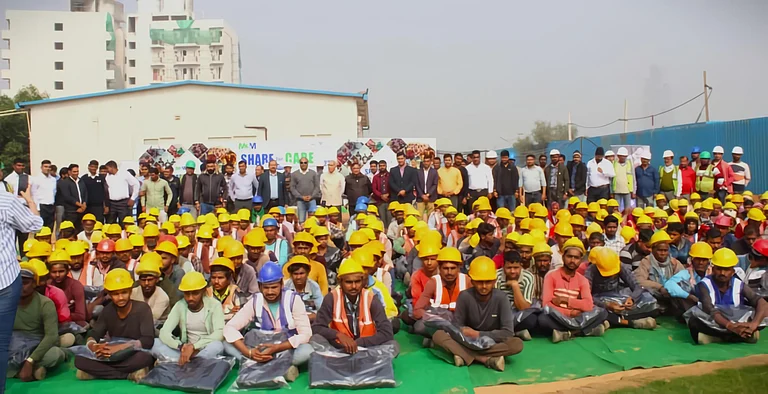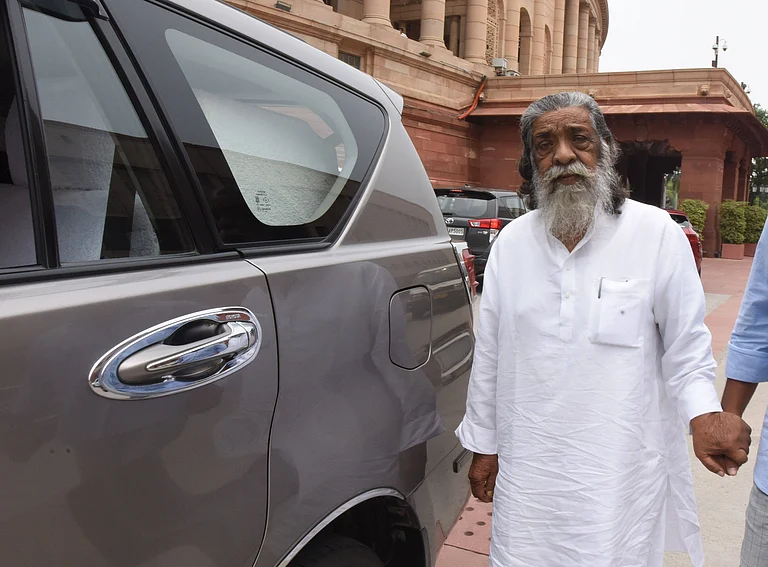India has a nationwide Bharat Bandh today, July 9, 2025, as unions claim 25 crore workers and farmers have joined hands to participate in this large-scale strike. Here's a quick explanation of the reasons behind it.
Who is behind the strike?
The bandh has been called by ten major national trade unions, supported by the Samyukta Kisan Morcha, a prominent farmers' alliance, which led the anti-farm law protests in 2020-21.
What are the demands?
Workers and unions are demanding a withdrawal of the labour codes, which have been passed as overarching policies, and which significantly change the laws and regulations related to worker protection and job security. They call it central overreach and unfair to workers, especially as it significantly increases their legal hours of work.
They want to stop the government’s drive to privatise public sector outfits, so that more secure, long-term jobs can be created in the government sector.
A relatively new issue is the demand for the restoration of the old pension scheme, replacing the current system (which had been put in place progressively since the early 2000s) of the new pension scheme.
Whereas the government has attempted to provide wider coverage under pension schemes, trying to cover private sector employees too, the government employees have been shifted from a defined benefit system to a defined contribution system. In other words, they know what they must contribute to earn a pension, but not what monthly payout it will amount to on retirement.
Workers have been demanding a national minimum wage (of Rs 26,000 a month) and a minimum pension of Rs 9,000 per month. The expectation is similar to what many other countries already have, where the idea of a living wage exists. Indian workers are demanding that no working person should be denied a wage commensurate with the needs of raising a family with dignity.
The strike also raises the demand for concrete steps to create jobs and address burgeoning unemployment, especially among the youth.
What services are affected?
Public transport, banks, postal services and government offices may be disrupted in various regions, depending on the circumstances of workers and farmers and the extent of political and union-led mobilisations there.
Essential services such as hospitals and emergency services are expected to function normally. In some schools and colleges, though open, attendance could be affected.
The wide angle on the strike:
The protest is part of a long-time movement against economic and labour policies that the unions and farmer groups say are anti-worker and pro-corporate. Farmers and workers in the better-off states like Punjab, Haryana, Maharashtra have built greater solidarity since the anti-farm law protests, which ended in the government withdrawing the legislations.
The striking unions also seek strengthening of rural wage-work and the MG-NREGS scheme for on-demand local work. The biggest expected change here is more than 100 days of work, and availability of the scheme beyond rural areas.
The protesting unions re-submitted a 17-point charter of demands to the Labour minister, Mansukh Mandavia, as they claim no serious action has been taken on these demands in the past. That's what has prompted today’s daylong strike, backed by ten unions across the nation.




























